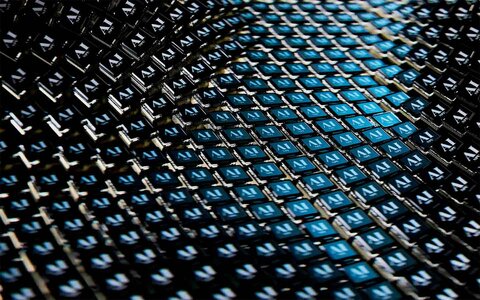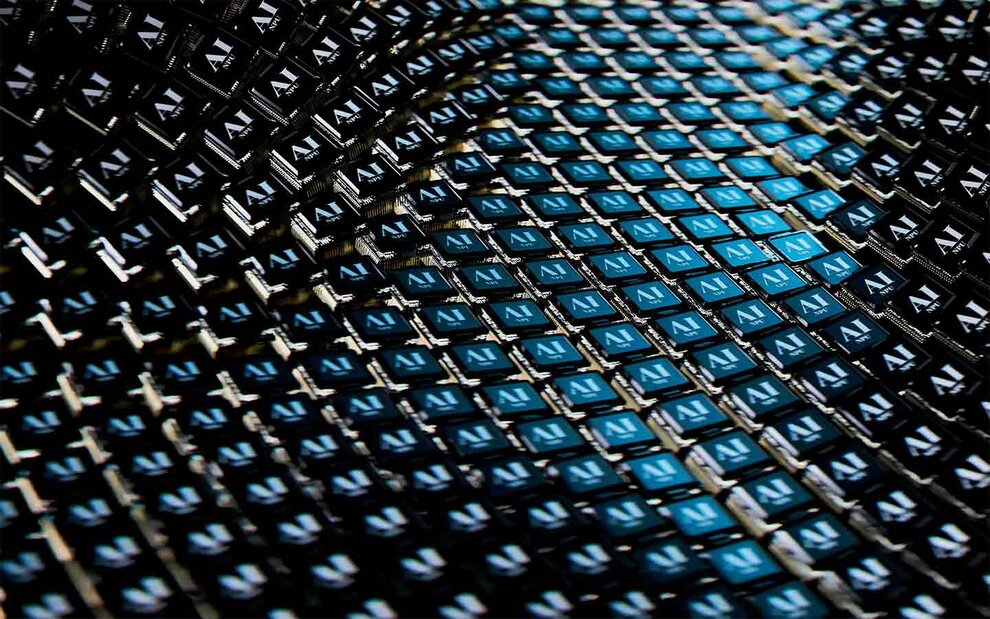Closed project
International Semiotics Seminar in Paris
2024-2025 programme - Seminar series


- Generative artificial intelligence and new semiotic challenges. Translation and creative appropriations -
Latest activities

Generative artificial intelligence and new semiotic challenges
June 11 | International Semiotics Seminar in Paris

Generative artificial intelligence and new semiotic challenges
May 28 | International Semiotics Seminar in Paris

Generative artificial intelligence and new semiotic challenges
May 14 | International Semiotics Seminar in Paris

Generative artificial intelligence and new semiotic challenges
April 30 | International Semiotics Seminar in Paris
See all activities
Published at 5 September 2024




